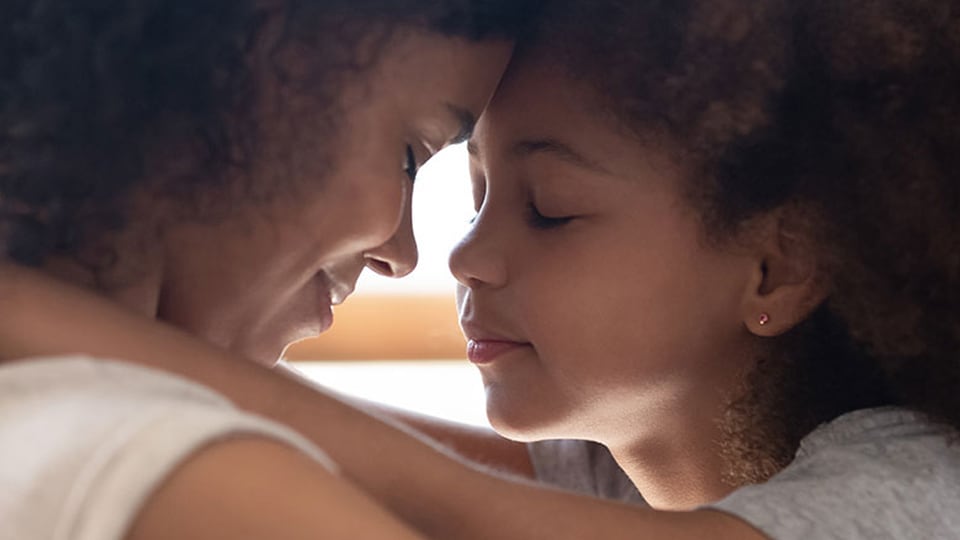At a glance
The greatest strengths of a community might be its people and their relationships to each other. People who are personally prepared, invested, and socially connected are often better able to protect themselves and more willing and ready to help others through adversity.

The Basics
- Stay up to date on your vaccines for infections and illnesses, such as seasonal flu, to help protect the health of your family and community.
- Bystanders are often first on the scene after a disaster or in a medical emergency. Learn practical skills, like how to perform CPR and how to use an AED, that can help you save a life.
- If you need antibiotics, take them exactly as prescribed. Any time antibiotics are used, they can cause side effects and lead to antibiotic resistance. More than 2.8 million antibiotic-resistant infections occur in the U.S. each year, and more than 35,000 people die as a result.
Good Samaritan Laws
If CPR is performed in the first few minutes of cardiac arrest, it can double or triple a person's chance of survival. Despite the life-saving benefits, a report published in the Emergency Medicine Journal states that bystanders are often hesitant to administer CPR in a medical emergency out of fear they could further injure the victim. Good Samaritan laws exist in all states to protect people who provide life-saving medical help in an emergency. Learn more about the law where you live.
